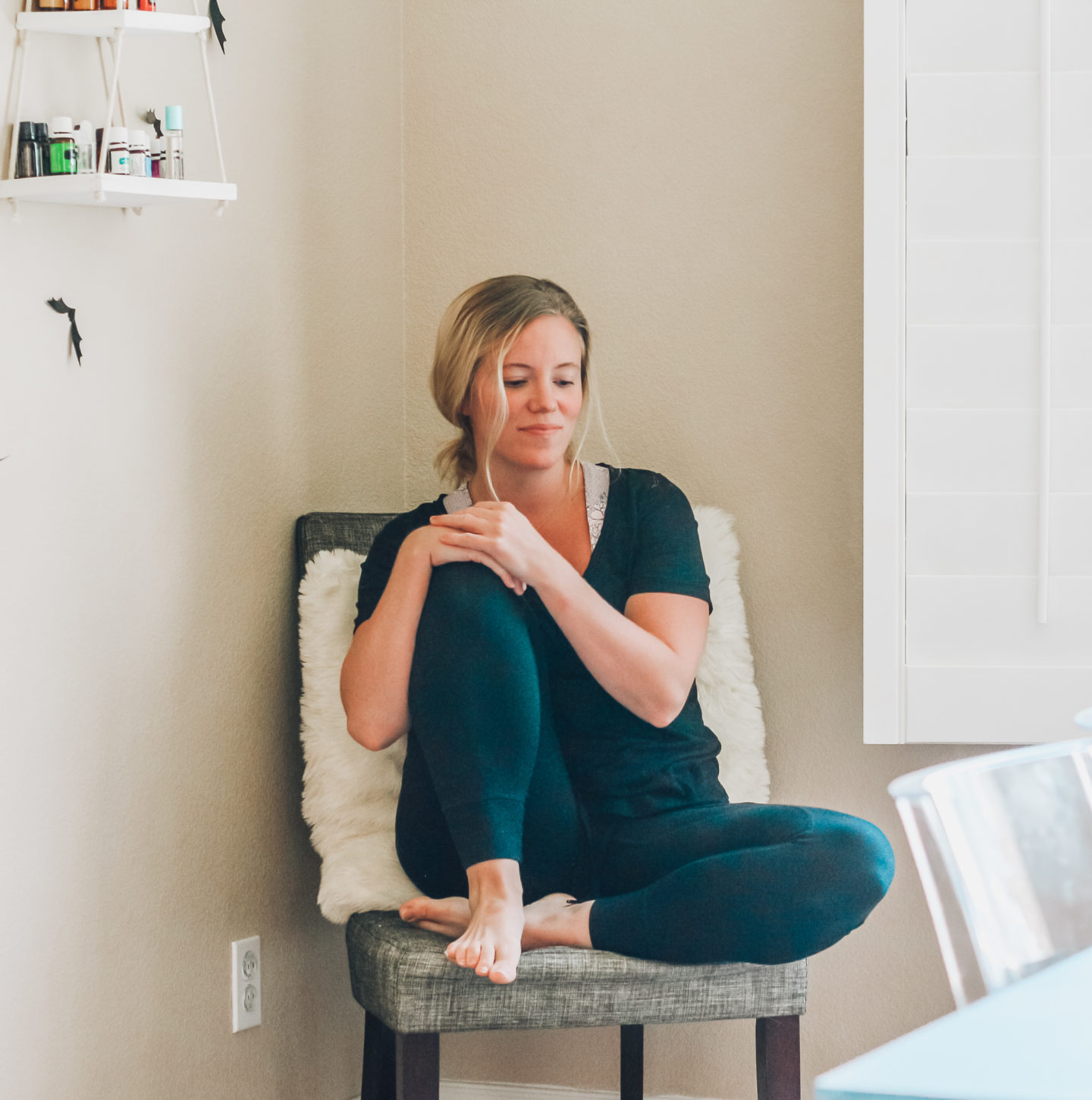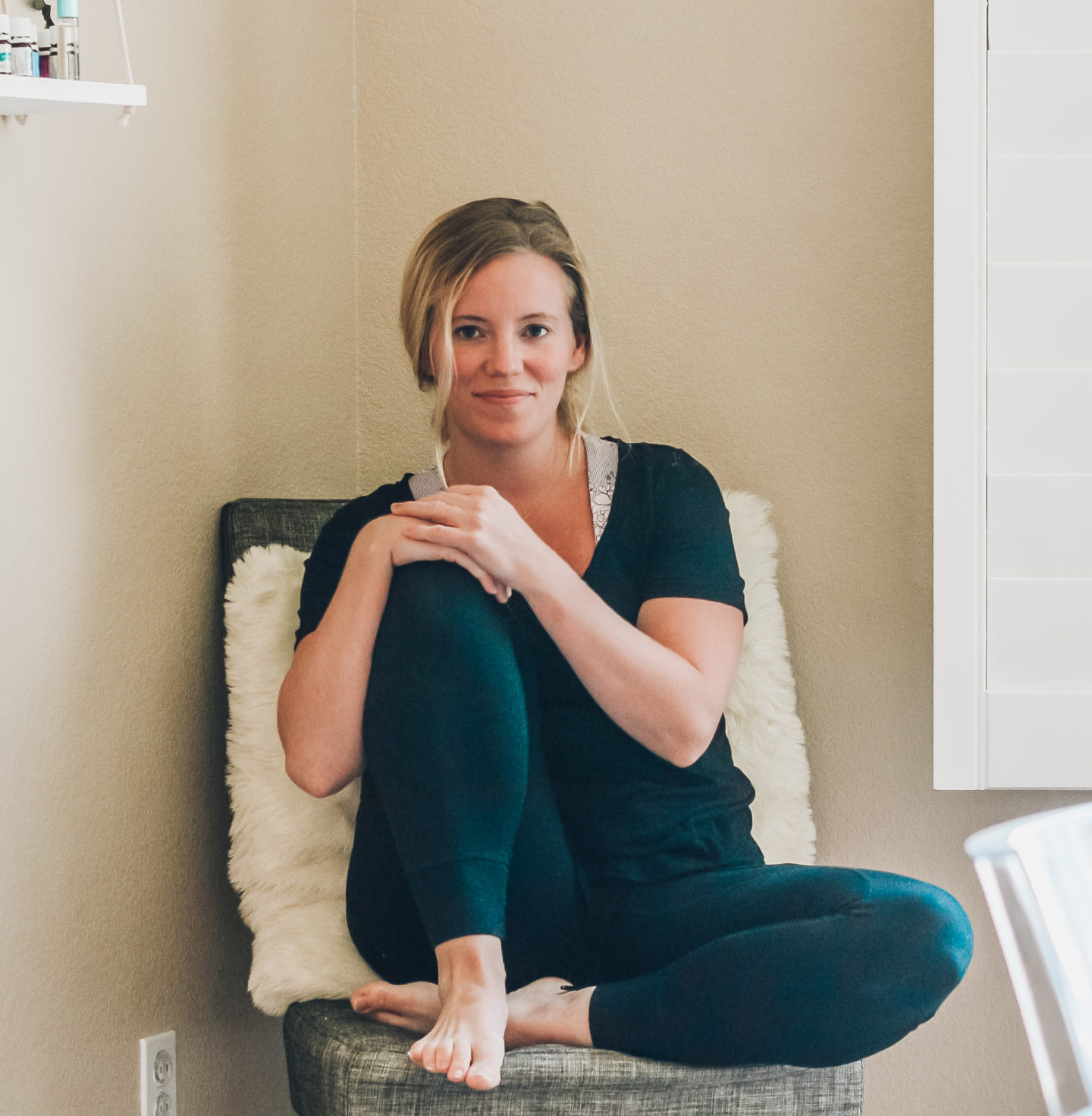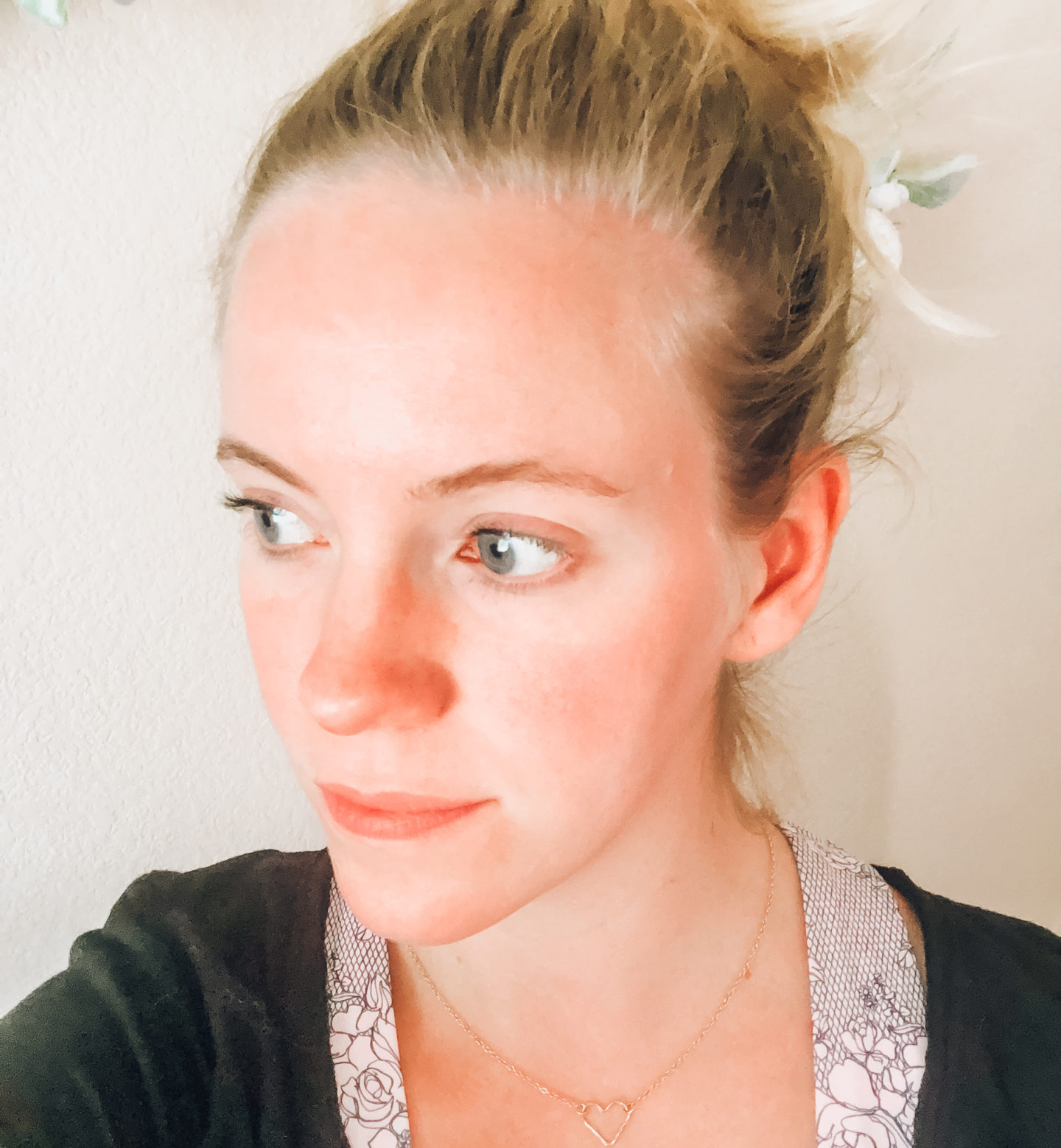
This post is sponsored by Galderma and SHE Media. All opinions expressed in the post are my own and not those of Galderma.

It has been a while since I have talked about my skin care, and today I am going to do just that. Truth be told, I used to know a lot about skin care, and I used to take it much more seriously. Since becoming a mother of two, it has been harder and harder for me to remember to prioritize my skin care routine, and my skin has absolutely been suffering because of that.
Have you ever piled on moisturizing lotion and tons of coverup so your red skin doesn’t show through? Skin redness and bumps and blemishes have always been a thing for me and many of my family members. My sister and I have chatted about rosacea before and wanted to learn more about it simply because the redness and the bumps we would get seemed to be more than just skin redness.
It turns out we were amongst the many people who do not realize that they have rosacea and that the annoying redness and bumps can improve with proper treatment.3 I have actually gone through life with skin redness and hated how I always look dry, sun burned, or like I’m blushing! Research finds that people with rosacea often feel this way – sad, embarrassed or depressed about the appearance of their skin and even avoid social situations because of it.1

Rosacea skin redness symptom mainly appears on the face – the nose, chin, cheeks, and forehead are the usual victims – and can sometimes worsen to pus-filled pimples and red bumps like it did for me. Rosacea is also sometimes associated with eye irritation causing eyes to get red and itchy.6 Rosacea typically occurs in middle aged women with light skin, but it’s also a common condition for men, whose rosacea symptoms can include nose bulging.2

More than 16 million Americans have rosacea, yet many people don’t know their symptoms could be a sign of this chronic inflammatory skin condition.3 The inflammatory lesions of rosacea can be treated with ORACEA® (doxycycline, USP) Capsules 40 mg*, which I have been using myself.4,5
The active ingredient in ORACEA Capsules is a non-antibiotic dose of doxycycline, but unlike traditional antibiotic doses of doxycycline, the low-dose formulation of ORACEA Capsules does not work by killing bacteria; instead, it reduces the bumps and blemishes of rosacea because of its anti-inflammatory properties.4,5 In a 9 month clinical study, ORACEA Capsules did not contribute to antibiotic resistance. 4,5 This is especially relevant with the upcoming Centers for Disease Control and Prevention’s (CDC) Antibiotic Awareness Week 2019.
Antibiotic Awareness Week 2019 is November 18-24 and has the goals of:
- Improving the way healthcare professionals prescribe and the way that the public consumes antibiotics
- Ensuring that antibiotics will be available for future generations
- Helping to fight antibiotic resistance7
See a dermatologist to get a consultation about your skin and see if they are able to help you from suffering from rosacea. If you’re diagnosed with having the bumps and blemishes of rosacea, you should ask your dermatologist if ORACEA Capsules might be right for you. I’ve recently updated my skin care routine to include it and have seen that it’s a treatment that works for me.
For more information about rosacea triggers, skincare tips, treatment options and how to find a dermatologist near you, visit ORACEA.com.
Important Safety Information
Indication: ORACEA® (doxycycline, USP) 40 mg* Capsules are indicated for the treatment of only inflammatory lesions (papules and pustules) of rosacea in adult patients. ORACEA Capsules do not lessen the facial redness caused by rosacea. Adverse Events: In controlled clinical studies, the most commonly reported adverse events (>2%) in patients treated with ORACEA Capsules were nasopharyngitis, sinusitis, diarrhea, hypertension and aspartate aminotransferase increase. Warnings/Precautions: ORACEA Capsules should not be used to treat or prevent infections. ORACEA Capsules should not be taken by patients who have a known hypersensitivity to doxycycline or other tetracyclines. ORACEA Capsules should not be taken during pregnancy, by nursing mothers, or during tooth development (up to the age of 8 years). Although photosensitivity was not observed in clinical trials, ORACEA Capsules patients should minimize or avoid exposure to natural or artificial sunlight. The efficacy of ORACEA Capsules treatment beyond 16 weeks and safety beyond 9 months have not been established.
*30 mg immediate release & 10 mg delayed release beads
You are encouraged to report negative side effects of prescription drugs to the FDA. Visit https://www.fda.gov/safety/medwatch-fda-safety-information-and-adverse-event-reporting-program or call 1-800-FDA-1088.
All trademarks are the property of their respective owners.
References:
1 National Rosacea Society. Coping With Rosacea. https://www.rosacea.org/patients/materials/coping/index.php. Accessed on March 27, 2018.
2 https://www.mayoclinic.org/diseases-conditions/rosacea/symptoms-causes/syc-20353815
3 National Rosacea Society. What Is Rosacea? https://www.rosacea.org/. Accessed on March 14, 2018.
4 Oracea (doxycycline) capsules for oral use. Prescribing Information. 2014.
5 Valentín, Sheila, et al. Safety and efficacy of doxycycline in the treatment of rosacea. Clinical, cosmetic and investigational dermatology: CCID 2 (2009): 129.
6 National Rosacea Society. All About Rosacea. https://www.rosacea.org/patients/allaboutrosacea.php. Accessed on March 14, 2018.
7 Center for Disease Control and Prevention. https://cdc.gov/antibiotic-use/week/toolkit. Accessed on October 24, 2019.